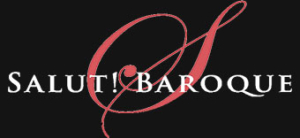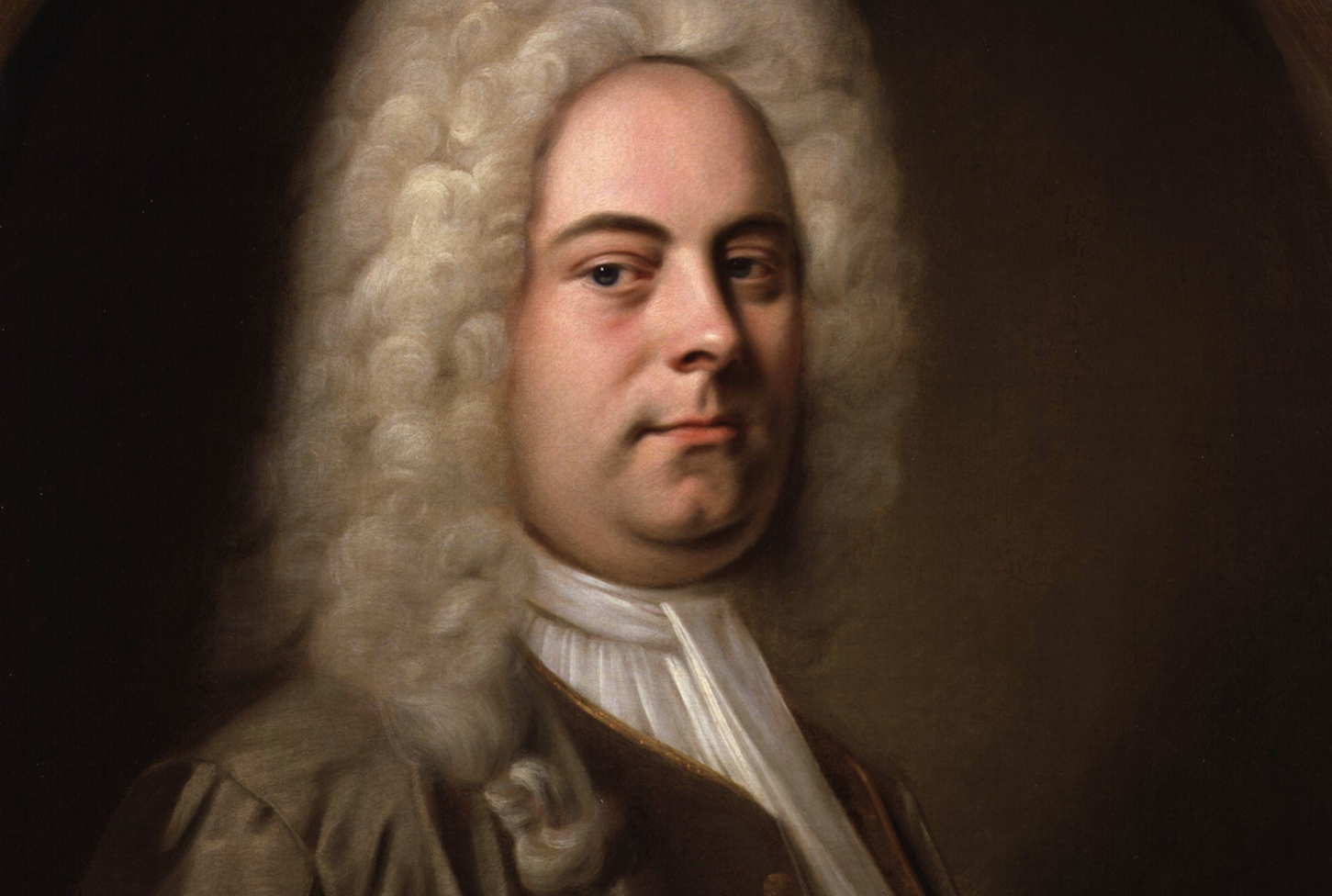Article: Sweet Melodies and Angry Tempests
Salut! Baroque’s Sally Melhuish explains how competition and rivalry became a catalyst for creativity in English music.
Limelight by Sally Melhuish on 18 April, 2023
It may seem surprising that George Frideric Handel, the German-born composer famed for his Italian operas, wrote music of great ‘Englishness’.
But several factors – including a great rivalry and intrigue between two warring opera companies – led Handel to turn away from Italian opera toward other forms, such as oratorio, later in his life.
With the backing of King George II, the Royal Academy of Music was established in 1719 to satisfy the aristocracy’s love of Italian opera, with Handel appointed as principal composer and Master of the Orchestra.
To challenge Handel’s dominance, the Prince of Wales countered by establishing the Opera of the Nobility in 1733. While these two Opera houses locked horns fighting for a share of audience and celebrity singers, the extravagances of their productions made the whole enterprise unprofitable.
Once the pinnacle of fashion, the popularity of Italian opera began to decline in London. Combined with the exorbitant fees paid to Italian singers and their increasingly diva-like demands, both companies ended in financial ruin. The Opera of the Nobility declared bankruptcy in June 1737, and Handel composed the last of his 42 operas, Deidamia, in 1741.
The collapse of the Opera houses reflected London’s move away from all things Italian to a focus on developing a distinctly ‘English’ style.
Reflecting on this period, historian Dr Charles Burney wrote in Rees’s Cyclopædia (1802-1819) in the century following Handel’s death:
“In 1738 [Thomas] Arne established his reputation as a lyric and dramatic composer, by the admirable manner in which he set [John] Milton’s Comus. In this masque he introduced a light, airy, original, and pleasing melody, wholly different from that of Purcell or Handel, whom all English composers had hitherto either pillaged or imitated. Indeed, the melody of Arne at this time … was so easy, natural, and agreeable to the whole kingdom, that it had an effect upon our national taste; and till a more modern Italian style was introduced in the pasticcio English operas … it was the standard of all perfection at our theatres and public gardens.”
That Thomas Arne set his composition to a poem by John Milton (1608-1674) is not surprising as Milton had been honoured with a memorial in Westminster Abbey in 1737. His epic poem, Paradise Lost, was still being reprinted long after its publication in 1667.
Author Samuel Johnson (1709-1784) thought that Paradise Lost revealed Milton’s “peculiar power to astonish” and “the power of displaying the vast, illuminating the splendid, enforcing the awful, darkening the gloomy, and aggravating the dreadful”.
Handel’s friend and Messiah librettist, Charles Jennens (1700-1773), urged Handel to also create a musical masterpiece based on Milton’s poetry. Handel decided against setting Paradise Lost, but chose two other poems by Milton, L’Allegro and Il Penseroso (c. 1631). The unique composition, neither opera nor oratorio, is in three parts, with Parts I and II reflecting the cheerful and the pensive of Milton’s poems. Part III, Il Moderato, sets a poem written by Jennens at Handel’s request that sought to unite “those two independent Poems in one Moral Design”.
Despite the Italian titles of the three Parts, L’Allegro, il Penseroso ed il Moderato HWV 55 (1740) is the essence of “Englishness”, including the much-loved aria Sweet Bird in which Handel features the soprano and flute joining in joyful duet to imitate a nightingale’s song.
The influences of Baroque composers throughout Europe created a tapestry of musical styles, each with their distinctive threads. These styles wavered in and out of fashion as social and political change swept across the continent. The ‘Sweet Melodies’ of collaboration between composers, musicians and poets wove these threads in the same way as the ‘Angry Tempests’ of competition and rivalry became a catalyst for creativity.
Salut! Baroque presents presents Sweet Melodies and Angry Tempests in Gandel Hall, National Gallery of Australia, Canberra, 21 April and in Verbruggen Hall, Sydney Conservatorium of Music, 23 April.



